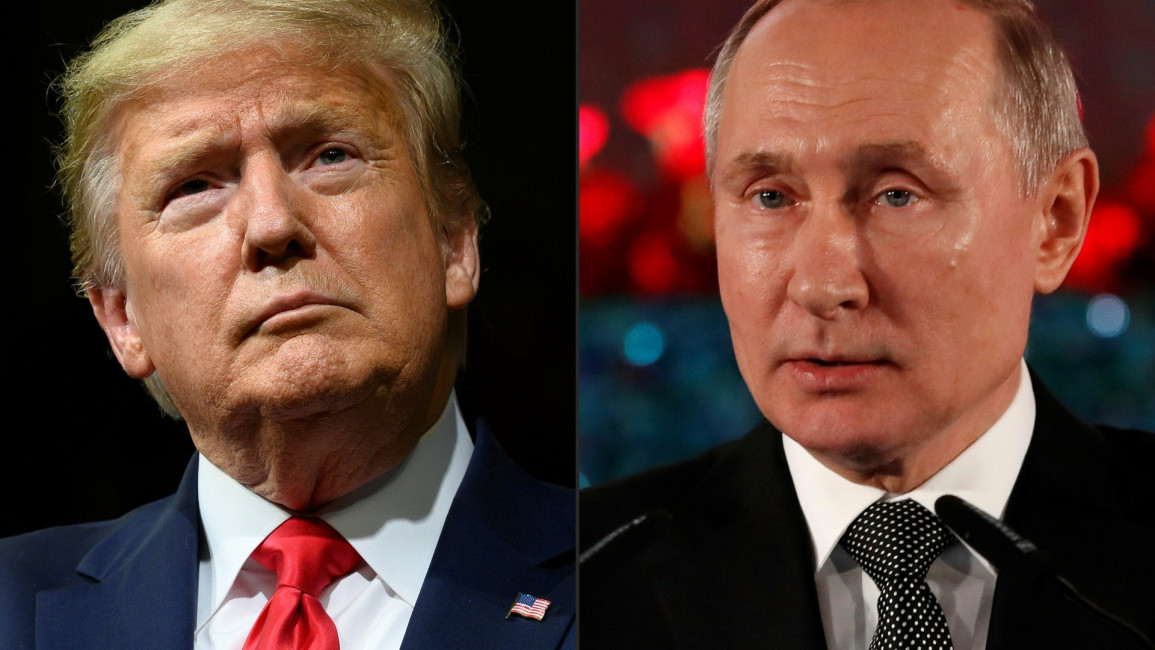US general 'not convinced' Russian money led to US deaths in Afghanistan
The Pentagon said it had "no corroborating evidence" to validate allegations that Russia paid bounties to Taliban-affiliated militants to kill US-led coalition forces in Afghanistan, but stressed that the intelligence was not conclusive.
Marine General Frank McKenzie, the head of US Central Command, addressed reporters on the matter.
"I'm very familiar with this material and I'm a theatre commander and I've had an opportunity to look at it. I found it very worrisome. I just didn't find that there was a causative link there," McKenzie told reporters, according to a transcript released by Central Command.
Asked whether he believed Russian payments led to US deaths, McKenzie said: "No, I'm not convinced of that. I'm just not."
He added that battlefield intelligence was often inconclusive.
"But in this case, there just wasn't enough there," McKenzie said.
"I sent the intelligence guys back to continue to dig on it. And I believe they're continuing to dig right now."
White House denials
White House denied last month that President Donald Trump had been briefed on intelligence that reportedly showed Russia had offered bounties to Taliban-linked militants if they killed US soldiers in Afghanistan.
The rewards purportedly gave incentives to the guerrillas to target US forces, just as Trump tries to withdraw troops - meeting one of the militants' key demands - and end Washington's longest war.
|
It was first reported by The New York Times. The newspaper, citing anonymous officials, said that Trump was briefed on the findings in March, but has not decided how to respond.
Press secretary Kayleigh McEnany said "neither the President nor the Vice President were briefed on the alleged Russian bounty intelligence".
But she added: "This does not speak to the merit of the alleged intelligence but to the inaccuracy of The New York Times story erroneously suggesting that President Trump was briefed on this matter."
That left open the possibility such intelligence does exist.
The Taliban have denied the report, reiterating that it was committed to an accord signed with Washington in February that paves the way for withdrawing all foreign forces from Afghanistan by next year.
The militants also said homemade explosives account for most fatalities among US forces.
"The nineteen-year jihad of the Islamic Emirate is not indebted to the beneficence of any intelligence organ or foreign country," the Taliban said in a statement issued in Kabul.
Russia’s actions in Afghanistan has consistently been downplayed by the US.
The US military previously accused Russia of possibly providing support, including weapons, to the Taliban and its affiliates.
McKenzie said that the Russians were "not our friends in Afghanistan and they do not wish us well".
He told Reuters that whether or not Russians were paying them or not, "the Taliban have done their level best to carry out operations against us".
"So nothing has practically changed on the ground in terms of force protection, because we have a very high force protection standard now," he said.
Follow us on Facebook, Twitter and Instagram to stay connected



